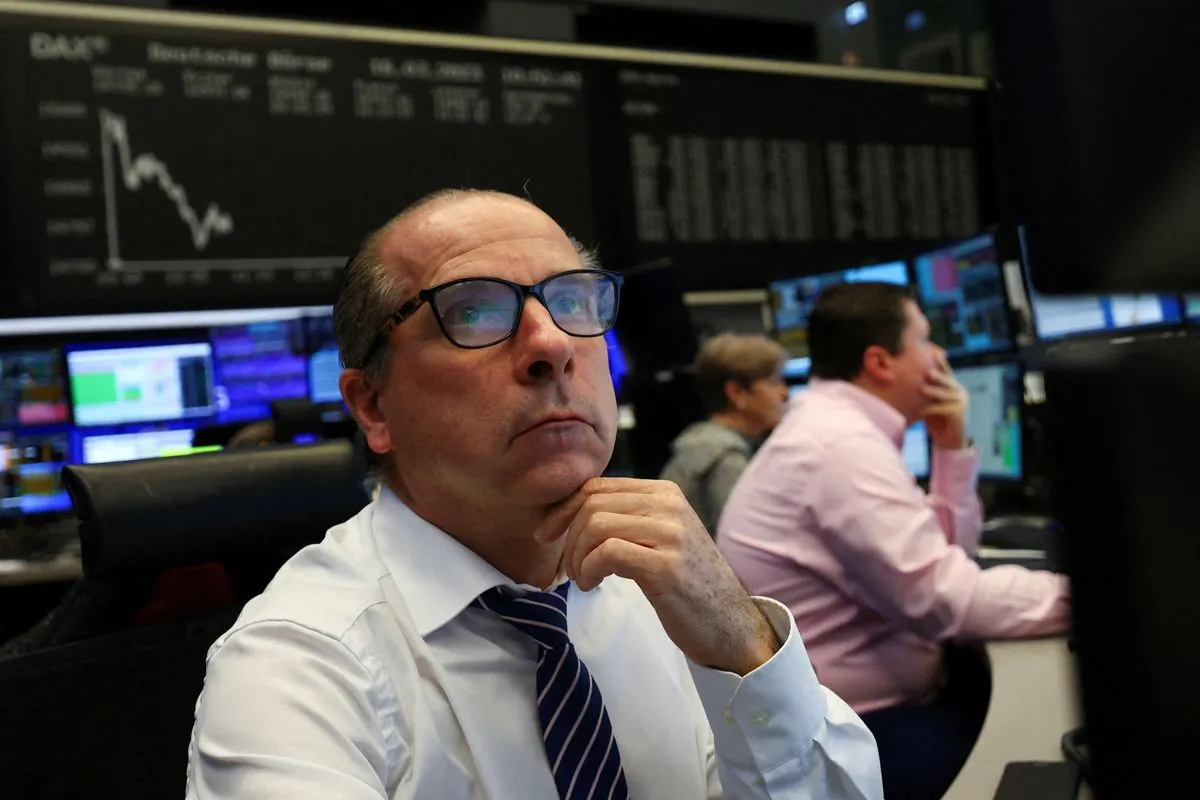The German economic landscape has experienced a significant downturn, according to the latest report from the ZEW (Zentrum für Europäische Wirtschaftsforschung) economic research institute. The economic sentiment index, a crucial indicator for Europe's largest economy, has fallen to 3.6 points in September 2024, marking a substantial decrease from the 19.2 points recorded in August.
This decline surpassed analysts' predictions, who had anticipated a more modest drop to 17.0 points. The ZEW index, considered one of the most important leading indicators for the German economy, surveys up to 300 experts from various financial sectors, providing valuable insights into economic expectations.
Achim Wambach, president of ZEW, commented on the situation, stating, "The hope for a swift improvement in the economic situation is visibly fading." This sentiment reflects growing concerns about Germany's economic trajectory, which has significant implications for the entire eurozone.
The assessment of the current economic situation in Germany has also deteriorated further. The indicator plummeted to -84.5 points, down from -77.3 in the previous month, reaching its lowest level since May 2020, during the early stages of the COVID-19 pandemic.
This downturn comes at a time when Germany, the fourth-largest economy globally by nominal GDP, faces multiple challenges. The country's export-driven economy, particularly strong in automotive, machinery, and chemical sectors, has been grappling with the lingering effects of Brexit, global trade tensions, and the ongoing energy transition.
Germany's economic policy, influenced by the concept of "Soziale Marktwirtschaft" (social market economy), is being put to the test. The Federal Ministry for Economic Affairs and Climate Action is tasked with navigating these turbulent waters while maintaining the delicate balance between economic growth and social welfare.
Despite these challenges, Germany's renowned "Mittelstand" of small and medium-sized enterprises and its highly skilled workforce remain key strengths. The country has been pushing for increased digitalization and innovation in its industries to maintain competitiveness.
Moreover, Germany's ambitious climate goals, aiming for carbon neutrality by 2045, present both challenges and opportunities for economic transformation. The nation's efforts to reduce dependence on Russian energy following geopolitical tensions have added another layer of complexity to its economic landscape.
As Germany works to overcome these hurdles, the effectiveness of policies like the "Kurzarbeit" short-time work scheme, which helped stabilize employment during previous downturns, may once again be put to the test. The coming months will be crucial in determining whether the current economic sentiment translates into a prolonged slowdown or if Germany can leverage its strengths to foster a recovery.
